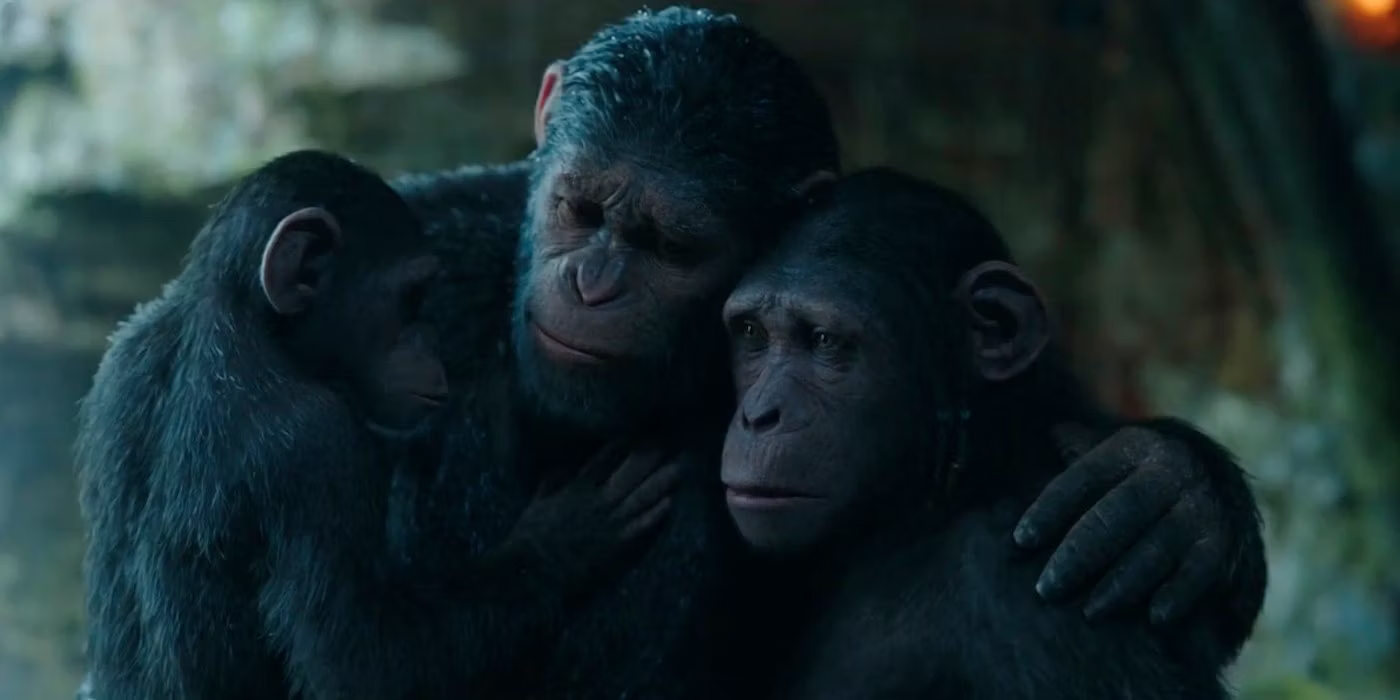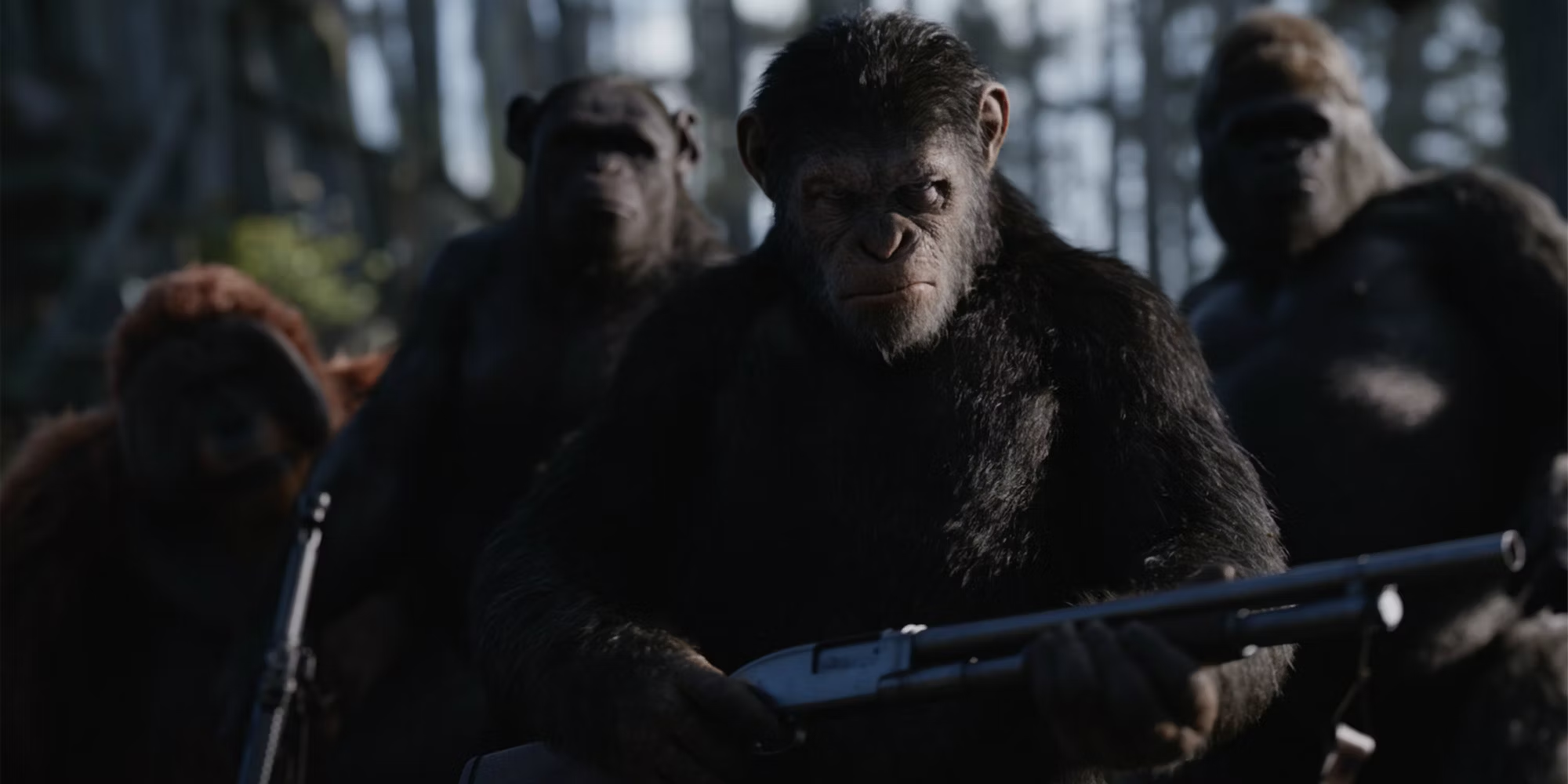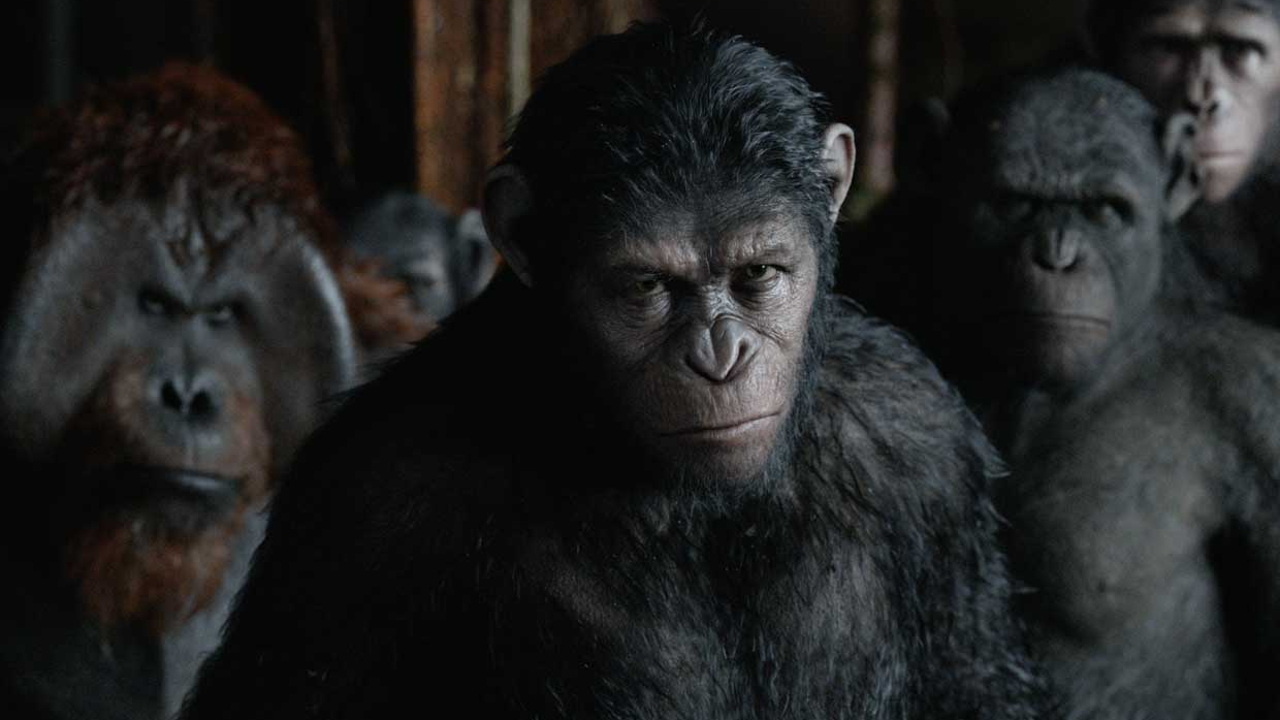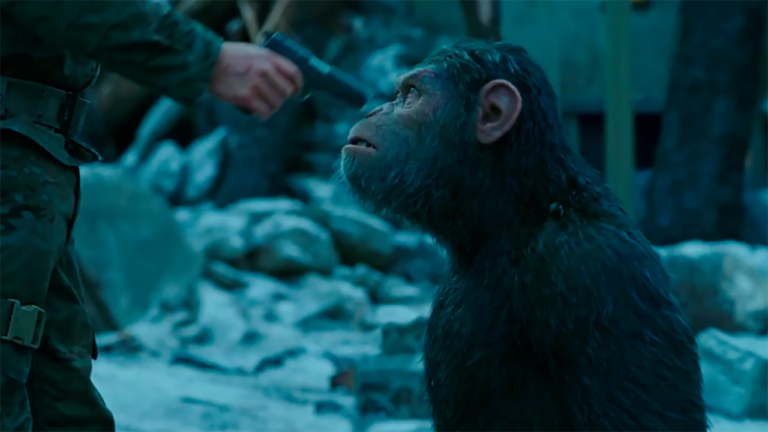In the annals of science fiction cinema, few films have been as influential as Charlton Heston’s 1968 masterpiece, Planet of the Apes. While modern audiences might look to Star Wars or Dune as the definitive space operas, it was Heston’s iconic film that paved the way for these blockbusters.
Released in a time when Hollywood was skeptical of science fiction beyond the realms of children’s entertainment, Planet of the Apes not only enjoyed massive box office success but also broke new ground by establishing the space opera genre.
“It not only grossed enormous numbers, it created a new film genre: the space opera.”

Charlton Heston’s Visionary Impact
Before Star Wars redefined cinema and before David Lynch’s Dune adaptation brought Frank Herbert’s complex universe to the big screen, Planet of the Apes captivated audiences with its bold narrative and groundbreaking aesthetics. Despite sharing its debut year with the legendary 2001: A Space Odyssey, Heston’s film carved its own niche, resonating with viewers and critics alike.
Heston, widely recognized for his role in Ben-Hur, leveraged his star power to bring attention to the potential of sci-fi narratives in cinema. His insights into the genre’s appeal helped shift Hollywood’s attitude towards sci-fi films, steering them away from their previous relegation to Saturday morning TV slots and comic strip adaptations.

The Legacy Continues
Decades after its original release, the Planet of the Apes saga continues to evolve and expand. The latest installment, Kingdom of the Planet of the Apes, directed by Wes Ball, is set to be the longest entry in the series with a runtime of 145 minutes. This new chapter promises to push the boundaries even further, aiming to live up to the high standards set by the recent acclaimed trilogy revitalized by directors Rupert Wyatt and Matt Reeves.
Q2. Is the Planet of the Apes franchise a limited concept franchise like Terminator, or is it wide open like Star Wars? Why or why not?#NBSFridayNightMovie @bales1181 @A_Nonny_Maus pic.twitter.com/znjSYmt7Br
— Late Night With The Stone Gasman (@stonegasman) April 18, 2020
Scheduled for release on August 5, the new film looks to combine the rich legacy of the franchise with innovative storytelling and cutting-edge technology. As anticipation builds, fans and newcomers alike are eager to see how this latest entry will contribute to the long-standing reputation of the Planet of the Apes series.
Available for a New Generation
For those looking to revisit the original that started it all, Planet of the Apes is available for rent on Apple TV. This access allows new generations to experience the film that not only challenged the norms of its time but also inspired some of the most beloved space operas that followed.

As we look back on the impact of Charlton Heston’s work, it’s clear that without Planet of the Apes, the landscape of science fiction cinema as we know it would be vastly different. This film did not just entertain; it expanded the horizons of an entire genre, proving that the depths of space offer not just a backdrop for action, but a canvas for profound storytelling.

